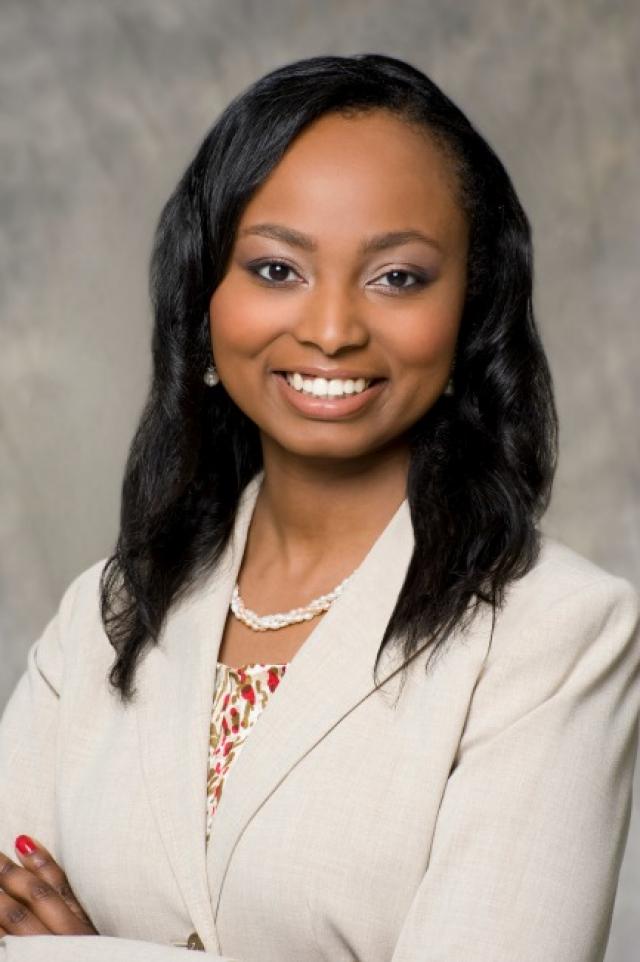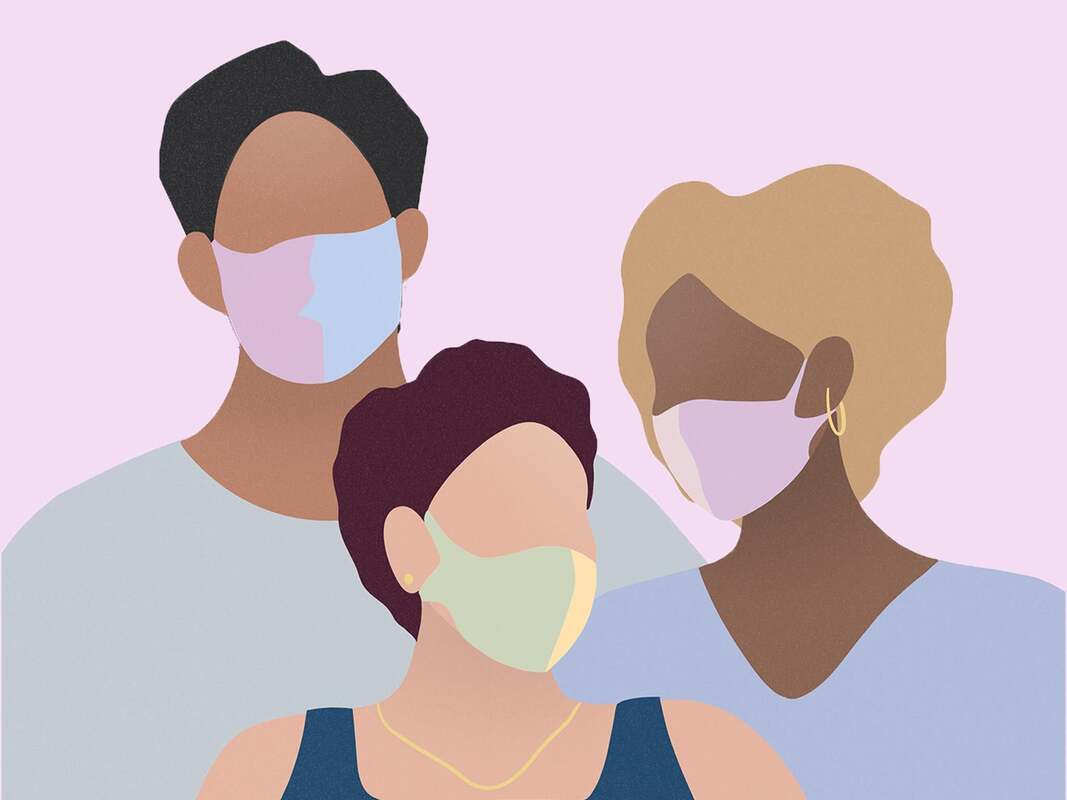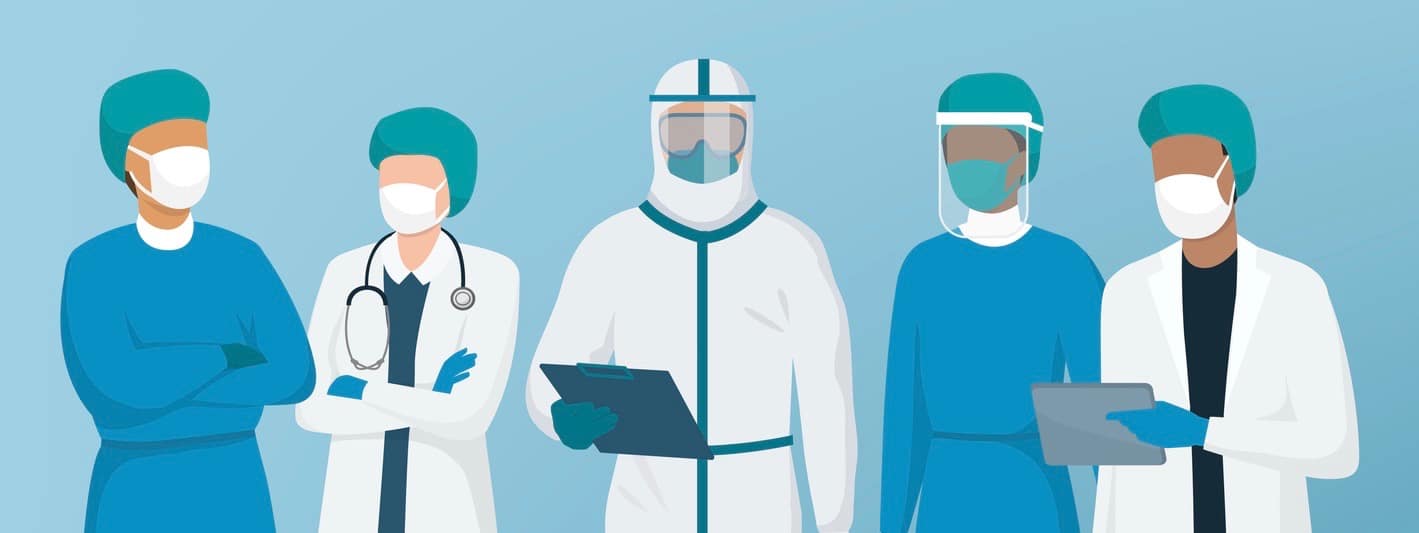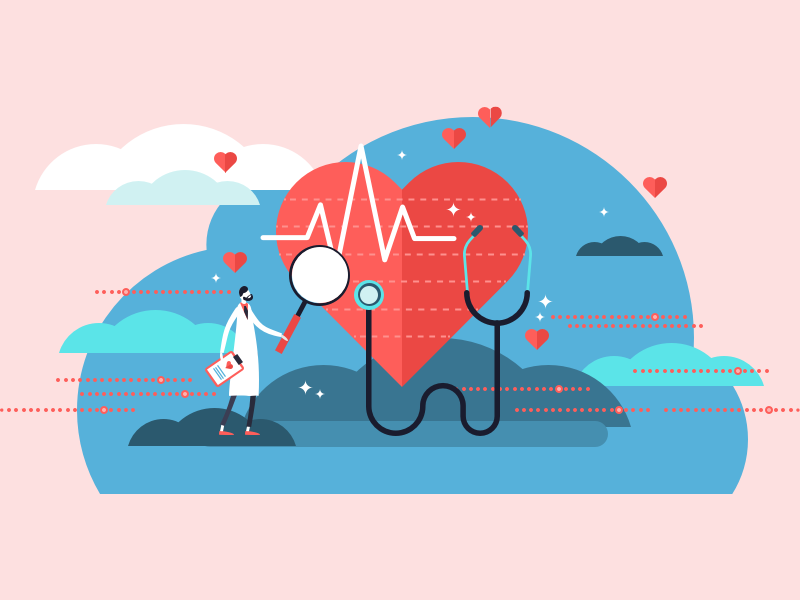Studying Psychological Distress in NYC Healthcare Workers During COVID-19 With Marwah Abdalla7/24/2020
By: Hannah Lin (CC '23)
Can you introduce yourself, your titles and affiliations, and talk a bit about generally what work you do? My name is Dr. Marwah Abdalla. I’m an Assistant Professor of Medicine in the Division of Cardiology, I’m a clinical cardiologist and a clinical researcher. My areas of expertise include critical care cardiology, and I’m the director of education here in the cardiac intensive care unit. With regards to my research expertise, I work in hypertension and sleep. Shifting now to your work regarding COVID-19, you were the leader of a study which characterized psychological distress and coping among New York City healthcare workers during the peak of the pandemic, the largest such study done in the US. Could you talk about when and why you decided to research this? This all came out from my experiences taking care of patients during the pandemic. I had the privilege of serendipitously being in the cardiac intensive care unit as the attending during the first week of the pandemic when it hit New York and when the very first case came through the doors of New York Presbyterian. So it was an interesting and serendipitous opportunity where everything came together very, very quickly with regards to what the questions were that needed to be answered. You can imagine that during the first week of the COVID surge, there were so many unanswered questions. There was also a lot of uncertainty amongst family members, patients, and the staff as to what this new pandemic meant.
That’s really where the idea came from: the observations on the ground during the very first week of the pandemic and saying, “This is going to be here for a really long time. How can we help not just our patients but also really ground ourselves and be helpful to our colleagues who are taking care of those patients?” Just running through some statistics from the paper, fifty-seven percent of participants screened positive for acute stress, 48% screened positive for depressive symptoms, 74% had concerns of transmitting COVID-19 to family, and 80% reported engaging in at least one type of coping behavior, with physical activity being the most common. Were there any responses you got that surprised you, or were they relatively close to what you expected? I think this paper and the data definitely highlighted what our hypothesis was going to be, that there were going to be a lot of people who had acute stress syndrome and fears about transmission. At that point in time, in early April, when we launched the study, there were still questions about N95s and whether people should be masked or not masked that were part of a national conversation. There was a lot of fear about transmission, and a few colleagues who were frontline healthcare workers actually got sick, and some, unfortunately, passed away subsequently from that. The national discourse was about that, so I think that was not surprising.
really remarkable and it goes to show how much healthcare workers, even in the midst of a crisis, are finding new meaning and thinking about how they can collectively work together to beat this pandemic. So many people were collaborating and trying to think quickly and change in such a way that was really refreshing.
In the paper, it says participants were given the choice to enter a longitudinal follow-up for up to 3 months. Could you talk about your progress on that? Our participants are still part of the study and we'll be completing it soon. The last participants are finalizing their study responses. We have not yet analyzed that portion of the data, where our goal is to understand what the long term effects of the pandemic are on our healthcare workers who were so gracious to fill out the first portion of the survey. Do our participants continue having acute stress months out, is it limited to just the peak of the pandemic and things get better, or is it that people are still struggling while other things pop up as the months go by? I think that’s an important thing to understand as we figure out how we best support healthcare workers during any sort of public health crisis, but particularly for COVID-19, since it’s still an ongoing international crisis. We need to prepare ourselves to help others who may be going through the pandemic and say, “This is what you may expect in your own healthcare workers.” I think those are important conversations to be had. Obviously, our study results are limited to our New York campus, but I think there are elements that are probably shared since it’s an international pandemic. In China, a study showed that healthcare workers during COVID-19 actually do have signs of psychological distress, and we don’t know how far this distress stays with individuals. The paper also says that your findings highlight the need for rapid interventions to reduce psychological distress in healthcare workers. Have you seen any of those rapid interventions put into action? Actually, while we were launching the study, what was great was that both Columbia University and NewYork Presbyterian implemented wellness resources for healthcare workers. All our participants had access to wellness resources during the study because we thought it would be unethical to just collect information. It’s been great that on campus, there’s been an understanding of the fact that healthcare workers during a pandemic need this extra support. What we’re really trying to highlight is that for other institutions and organizations for which there may not be access to the same resources that our healthcare workers had, they might want to consider having this in place. We want healthy healthcare workers; the wellbeing of healthcare workers have to be at the forefront of organizations that are going through the pandemic.
I think for students who are interested in medicine and public health, and especially research, keep asking questions, learning as much as you can, and really try to spend time in clinical spaces if possible. There’s a difference between learning medicine versus practicing medicine, and for me, what was always inspiring and rejuvenating was being able to be with patients and having that opportunity to interact with healthcare workers, nurses, advanced practice providers, attendings, the whole gamut of healthcare. That was really motivating while going through my own journey and learning as much as possible. I always like to end with some optimism: what gives you hope for the future? It was really humbling to see over the past couple of months how quickly the world came together to try to beat and find solutions for COVID-19. There continues to be hope, especially in the scientific community and the public health community, that we can come together and figure out how we can move forward to combat COVID-19. That gives me a lot of hope.
0 Comments
Your comment will be posted after it is approved.
Leave a Reply. |




